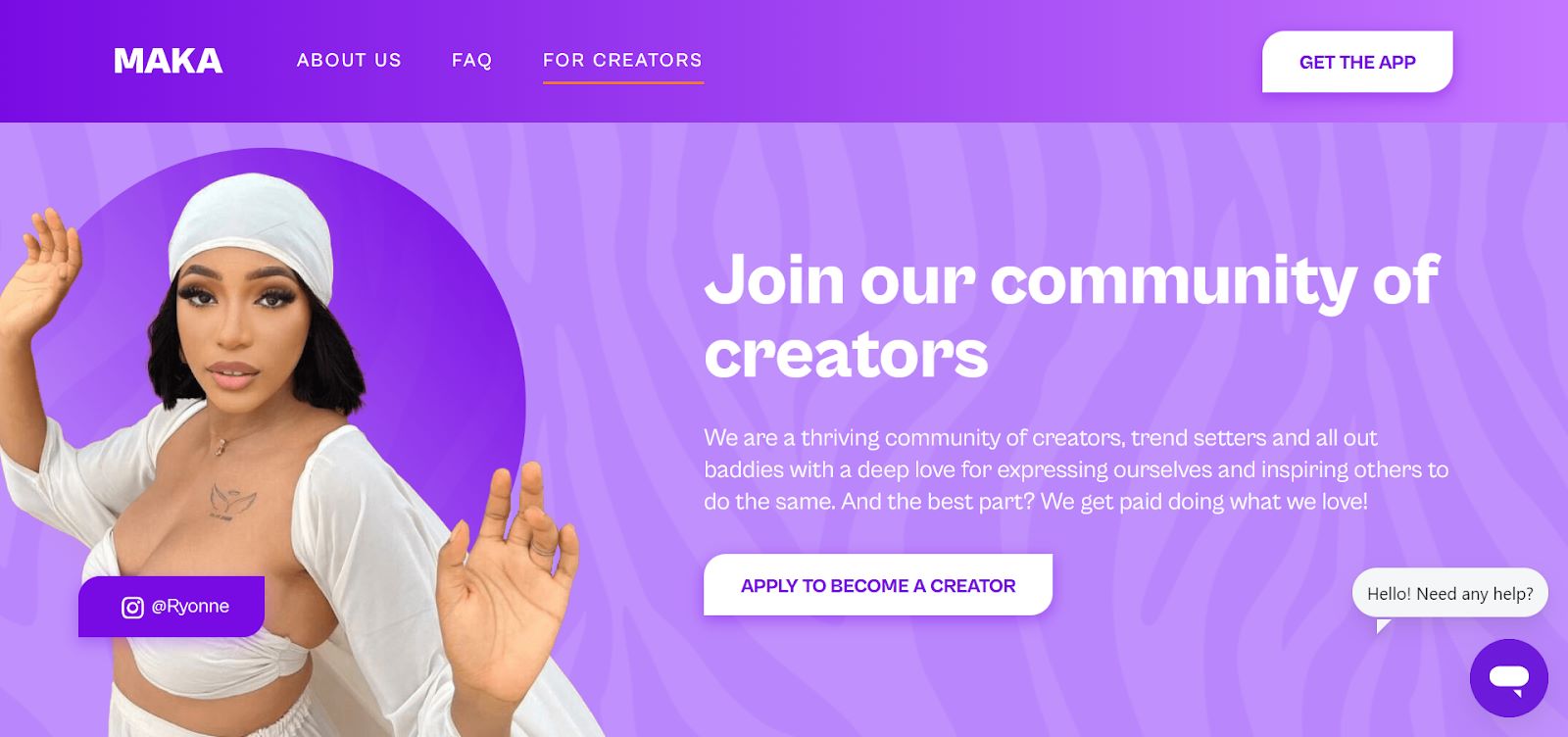African Fashion Startup Maka Draws Investor Confidence with $2.65M Pre-Seed Funding
Maka, the African fashion and beauty e-commerce platform, recently secured a $2.65 million pre-seed funding round. The primary contributors to this round were Pan-African venture capital firms, 4DX Ventures and Janngo Capital, with additional support from Palm Drive Capital, angel investor Jonathan Shipman, founder of EVP and Twitch founding member, and executives from delivery platform Wolt. This funding injection comes as the startup’s response to the challenges faced by consumers in the fashion e-commerce landscape, particularly in Africa.
Maka was founded in 2021 by Diana Owusu-Kyereko, the ex-CEO of Jumia Ghana and ex-CCO of Jumia Kenya. The startup originated as an interactive social commerce platform, addressing the complexities of the fashion buying process experienced during the pandemic. Owusu-Kyereko identified a trust deficit in online shopping and the lack of a centralized platform for diverse consumer needs. This insight prompted the birth of Maka, aiming to create a one-stop-shop for fashion enthusiasts, especially millennials and Gen Zers in Africa.
Why the Investors Invested:
Investors were drawn to Maka for its strategic positioning in the evolving African e-commerce market. The surge in technology adoption among Africa’s younger demographic, contributing to the growth of e-commerce penetration from 13% in 2017 to 28% in 2021, provides a significant opportunity for Maka. Maka’s focus on targeting millennials and Gen Zers in this largely untapped market aligns with the shifting consumer trends and represents a strategic opportunity for growth. The startup aims to connect with a broader consumer base, focusing on the fashion sector and the burgeoning creator economy.
Maka addresses critical challenges in the fashion e-commerce landscape, particularly in Africa. Investors were attracted to the startup’s innovative solutions to two fundamental problems: the trust deficit in the online buying process and the struggle creators face in monetizing their influence. The incorporation of video content to build trust between users and creators stood out as a unique and effective approach, differentiating Maka from conventional e-commerce platforms.
The decision to focus on a user-generated content model was seen as a strategic move by investors. Unlike platforms relying solely on big creators, Maka’s scalable base of creators, where every customer can become a creator, provides an infinite pool of individuals generating video content. This approach enhances scalability and user engagement, as demonstrated by the rapid creation of over 2,000 reviews in just two months. Investors recognized the power of this model in fostering a sense of community and trust within the platform.
Diana Owusu-Kyereko’s leadership and industry expertise, gained from her previous roles as the CEO of Jumia Ghana and CCO of Jumia Kenya, played a pivotal role in attracting investment. Investors were confident in Owusu-Kyereko’s ability to navigate the complexities of the e-commerce landscape in Africa. The founder’s vision of creating a centralized platform to meet diverse consumer needs and empower both consumers and creators resonated with investors seeking a strategic and visionary leader.
A Look at Maka
Founded in 2021 by Diana Owusu-Kyereko, Maka operates as an African fashion and beauty e-commerce platform. Owusu-Kyereko, having previously held leadership positions at Jumia, initiated Maka as a response to the complex and challenging fashion buying experience during the pandemic. The platform serves as an interactive social commerce space, allowing users to discover products tailored to their styles through live try-on hauls, reviews, and user-generated content.
Maka, in its two years of existence, claims to have garnered over 500,000 downloads. The startup recently shifted its model to focus on user-generated content, resulting in over 2,000 video reviews in just two months. The platform incentivizes users with a rewards system, earning points for video reviews that can be converted into cash for shopping on the platform. The funding secured in the pre-seed round will be utilized to expand the team, enhance technology, and deepen the platform’s presence in Ghana and Nigeria.
Fatoumata Bâ, founder and executive chair of Janngo Capital, expressed confidence in Maka’s vision, emphasizing the potential growth and impact the startup could have at the intersection of e-commerce, creative, and cultural industries in Africa. Janngo Capital led the funding round, foreseeing the sectors jointly poised to grow substantially by 2050, generating significant GDP and job opportunities across the continent.

Charles Rapulu Udoh is a Lagos-based lawyer, who has several years of experience working in Africa’s burgeoning tech startup industry. He has closed multi-million dollar deals bordering on venture capital, private equity, intellectual property (trademark, patent or design, etc.), mergers and acquisitions, in countries such as in the Delaware, New York, UK, Singapore, British Virgin Islands, South Africa, Nigeria etc. He’s also a corporate governance and cross-border data privacy and tax expert. As an award-winning writer and researcher, he is passionate about telling the African startup story, and is one of the continent’s pioneers in this regard.




